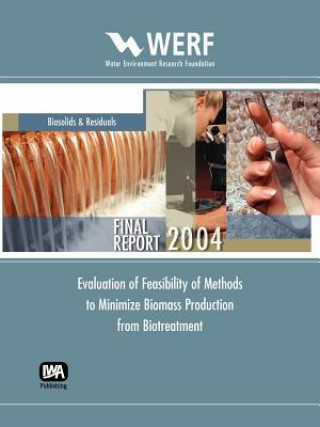
Kód: 04854668
Evaluation of Feasibility of Methods to Minimize Biomass Production from Biotreatment
Autor H.David Stensel
This report presents the results of an evaluation of technologies that may result in less biomass production in activated sludge processes. The report summarizes the results of a comprehensive literature review that was done to ev ... celý popis
- Jazyk:
 Angličtina
Angličtina - Vazba: Brožovaná
- Počet stran: 265
Nakladatelství: IWA Publishing, 2004
- Více informací o knize

Mohlo by se vám také líbit
-
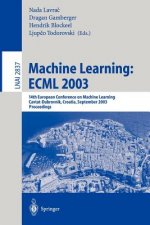
Machine Learning: ECML 2003
3289 Kč -

Chick at the Back of the Church
342 Kč -

Die Frauen in der Gruppe 47
1126 Kč
Informovat o naskladnění knihy
Zadejte do formuláře e-mailovou adresu a jakmile knihu naskladníme, zašleme vám o tom zprávu. Pohlídáme vše za vás.
Více informací o knize Evaluation of Feasibility of Methods to Minimize Biomass Production from Biotreatment
 Anotace knihy
Anotace knihy
This report presents the results of an evaluation of technologies that may result in less biomass production in activated sludge processes. The report summarizes the results of a comprehensive literature review that was done to evaluate technologies in terms of their sludge reduction potential, ease of implementation, impacts on plant operations and effluent quality, reliability, and relative capital and operating costs. Reporting testing results supported significant biomass reduction by processes using chemical and thermal methods, higher life forms (predator processes), anaerobic instead of aerobic respiration, and extreme solids retention times, but biomass reduction for enhanced biological phosphorus removal (EBPR) processes and a mechanical disintegration process were less conclusive. The predator enhancement process showed promise for industrial wastewater treatment, but is less attractive for municipal wastewater treatment for which a lower soluble COD fraction is present. Extreme solids retention time processes may be practical for small wastewater flows and perhaps with the use of membrane separation technology. Anaerobic treatment processes are known to have a lower biomass yield (one fourth or a less than for aerobic treatment), but work is needed to develop their applications for low strength, low temperature wastewaters, such as in municipal wastewater treatment. For some processes such as the cell disruption using mechanical, thermal, and chemical means, the cost of implementing the biomass reduction technology was greater than the cost savings associated with less sludge production. Addition of chemical uncouplers can greatly reduce biomass production, but pose problems of toxic chemicals in the treated effluent. In a series of bench-scale tests carried out at the Seattle West Point wastewater treatment facility and the University of Washington environmental engineering laboratories the presence and mechanism of COD loss (and subsequent less biomass production) in the anaerobic zone of EBPR processes was investigated. The results of the test work and fundamental evaluation could not support previous claims of a COD loss in EBPR processes, nor was less sludge production observed.
 Parametry knihy
Parametry knihy
Zařazení knihy Knihy v angličtině Technology, engineering, agriculture Environmental science, engineering & technology Sanitary & municipal engineering
- Plný název: Evaluation of Feasibility of Methods to Minimize Biomass Production from Biotreatment
- Autor: H.David Stensel
- Jazyk:
 Angličtina
Angličtina - Vazba: Brožovaná
- Počet stran: 265
- EAN: 9781843397038
- ISBN: 184339703X
- ID: 04854668
- Nakladatelství: IWA Publishing
- Hmotnost: 522 g
- Rozměry: 272 × 210 × 15 mm
- Datum vydání: 01. January 2004
Oblíbené z jiného soudku
-

Sustainable Stormwater Management
1174 Kč -
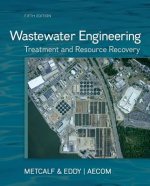
Wastewater Engineering: Treatment and Resource Recovery
8443 Kč -
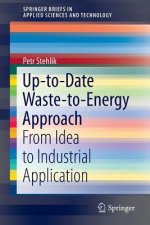
Up-to-Date Waste-to-Energy Approach
1665 Kč -
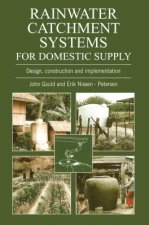
Rainwater Catchment Systems for Domestic Supply
1142 Kč -
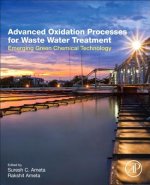
Advanced Oxidation Processes for Wastewater Treatment
4828 Kč -
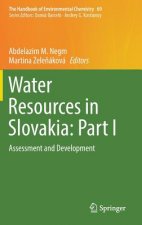
Water Resources in Slovakia: Part I
9783 Kč -
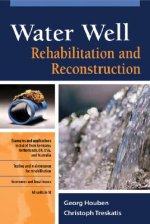
Water Well Rehabilitation and Reconstruction
3656 Kč -
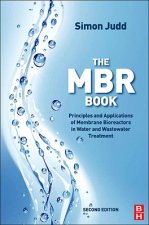
MBR Book
4958 Kč -
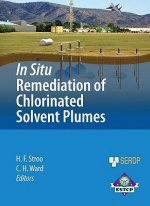
In Situ Remediation of Chlorinated Solvent Plumes
3584 Kč -
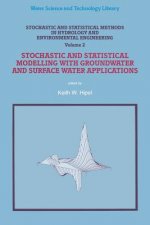
Stochastic and Statistical Methods in Hydrology and Environmental Engineering
3289 Kč -
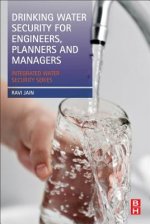
Drinking Water Security for Engineers, Planners, and Managers
1956 Kč -
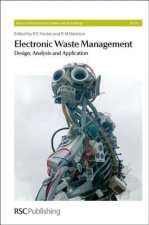
Electronic Waste Management
2420 Kč -
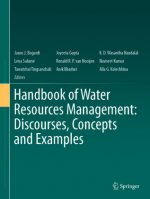
Handbook of Water Resources Management: Discourses, Concepts and Examples
7326 Kč -
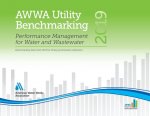
2019 AWWA Utility Benchmarking
7129 Kč -

Fluoride Deception
513 Kč -
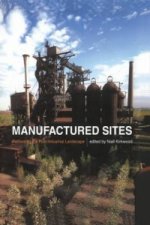
Manufactured Sites
2080 Kč -
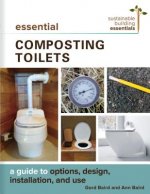
Essential Composting Toilets
998 Kč -
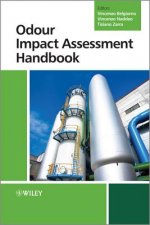
Odour Impact Assessment Handbook
5138 Kč -
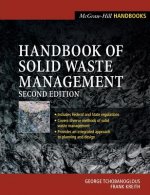
Handbook of Solid Waste Management
4706 Kč -
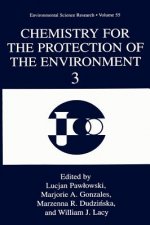
Chemistry for the Protection of the Environment 3
5060 Kč -
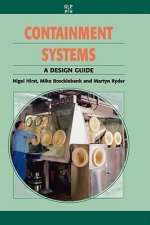
Containment Systems: a Design Guide
3425 Kč -
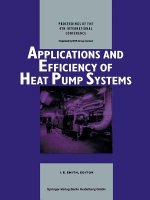
Applications and Efficiency of Heat Pump Systems, 1
5060 Kč -
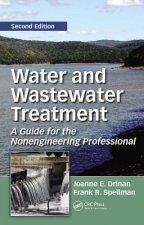
Water and Wastewater Treatment
5255 Kč -
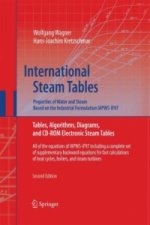
International Steam Tables - Properties of Water and Steam based on the Industrial Formulation IAPWS-IF97
6028 Kč -
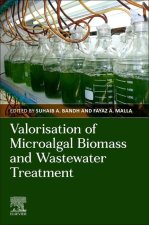
Valorization of Microalgal Biomass and Wastewater Treatment
4013 Kč -
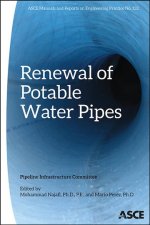
Renewal of Potable Water Pipes
3773 Kč -
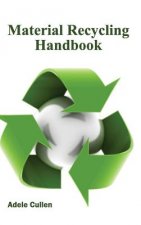
Material Recycling Handbook
4003 Kč -
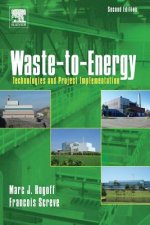
Waste-to-Energy
5337 Kč -
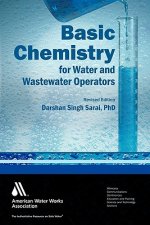
Basic Chemistry for Water and Wastewater Operators
2991 Kč -
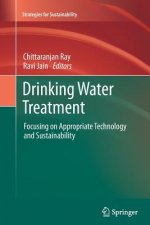
Drinking Water Treatment
4765 Kč -

Pay
842 Kč -
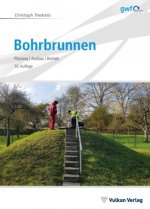
Bohrbrunnen
4590 Kč -
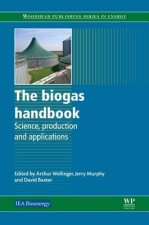
Biogas Handbook
5634 Kč -

Where Does My Poo Go?
221 Kč -
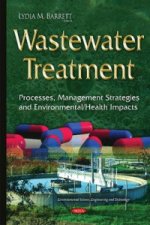
Wastewater Treatment
8502 Kč -
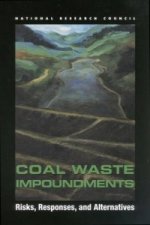
Coal Waste Impoundments
1474 Kč -
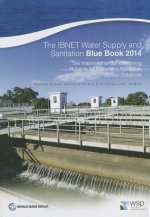
IBNET water supply and sanitation blue book 2014
1038 Kč -
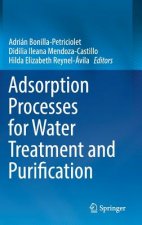
Adsorption Processes for Water Treatment and Purification
4765 Kč -
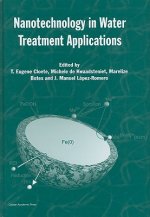
Nanotechnology in Water Treatment Applications
6828 Kč -

Fire Protection
6328 Kč -
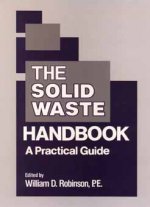
Solid Waste Handbook: A Practical Guide
9872 Kč -

New Developments in Hazardous Materials Research
7165 Kč -
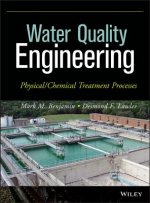
Water Quality Engineering
6165 Kč -
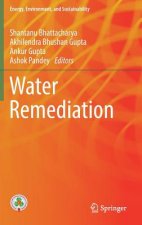
Water Remediation
5945 Kč -
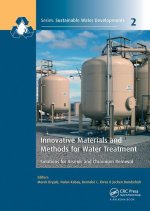
Innovative Materials and Methods for Water Treatment
1811 Kč -
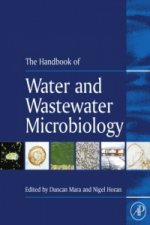
Handbook of Water and Wastewater Microbiology
6413 Kč -
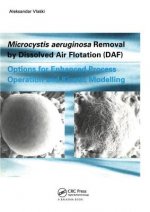
Microcystic Aeruginosa Removal by Dissolved Air Flotation (DAF)
2692 Kč -
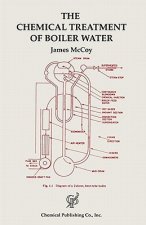
Chemical Treatment of Boiler Water
3161 Kč -
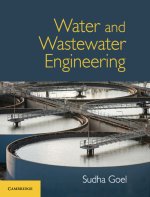
Water and Wastewater Engineering
2984 Kč
Osobní odběr Praha, Brno a 12903 dalších
Copyright ©2008-24 nejlevnejsi-knihy.cz Všechna práva vyhrazenaSoukromíCookies



 Vrácení do měsíce
Vrácení do měsíce 571 999 099 (8-15.30h)
571 999 099 (8-15.30h)